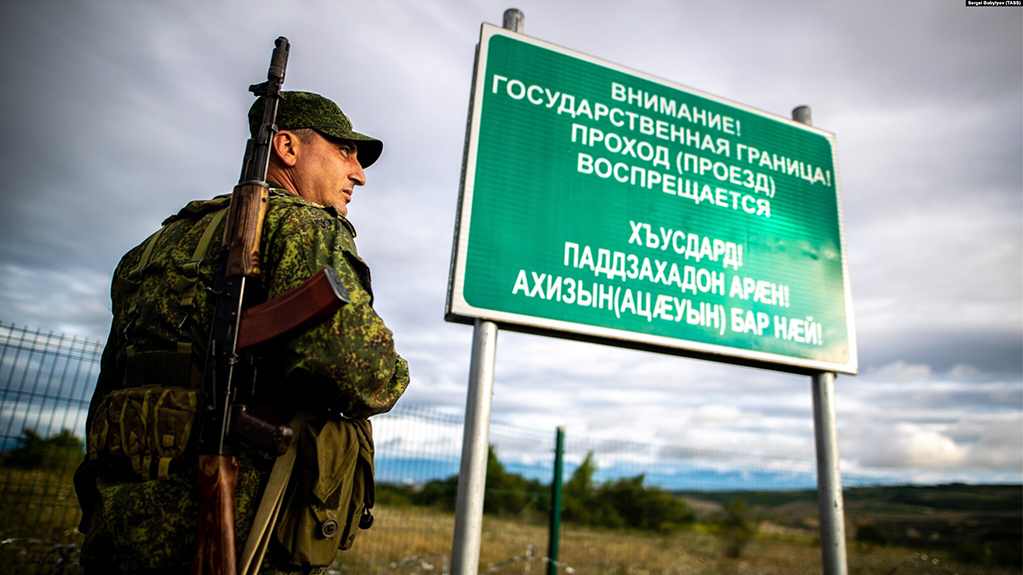The European Court of Human Rights has announced its decision on the fourth interstate dispute “Georgia against Russia" (the so-called Continued Occupation Case).
News
The court unanimously established that Russia violated the following articles of the European Convention on Human Rights: the right to life (Article 2); prohibition of inhuman or degrading treatment (Article 3); right to liberty and security (first part of Article 5); and the right to respect for private and family life (Article 8). Additionally, according to the court's decision, there was a violation of the right to freedom of movement, protection of property, and right to education.
The court explains that “borderisation”, referred to as “one of the most painful legacies of the August 2008 Georgia - Russia conflict" blocks people from crossing the administrative boundary lines freely between Georgian-controlled territory and the Russian-backed breakaway Georgian regions.
The Georgian government applied to the European Court of Human Rights on August 22, 2018, claiming that ethnic Georgians were killed, detained, and/or ill-treated for "illegally crossing the border" while trying to cross the administrative line. In addition, people were deprived of the land they cultivated, families were separated, and children were forced to choose between receiving an education in Russian and traveling long distances to school in Georgian-controlled territory.
The court ruled that it had jurisdiction to hear the Georgian government's complaint from 2009, when the "borderisation" process began, until September 16, 2022, when Russia announced its withdrawal from the European Convention.
The Georgian government submitted a list of 109 alleged victims to the court, of which at least 70 were considered by the court. Among them were the deaths of seven ethnic Georgians living in Abkhazia while trying to cross the administrative border via alternative routes in order to collect pensions or buy medicine in the Georgian-controlled territory. The court considered that more than 2 800 cases of arrest and detention during the so-called illegal crossing of the border were confirmed.
The European Court of Human Rights found that it had sufficient evidence – victim lists, testimonies, media reports, and international materials – to conclude beyond a reasonable doubt that the alleged incidents were not isolated, but sufficiently numerous and interconnected to constitute a pattern or system of violations. Moreover, the court found that the Russian authorities were tolerant of such practices.
Georgian Justice Minister, Rati Bregadze, responded to the decision of the Strasbourg court at a briefing. According to him, this decision clearly emphasized the territorial integrity of Georgia, as well as the illegality of the "borderisation" process.
"Today's decision of the Strasbourg Court is a very powerful legal weapon, which gives us the right to say that any violation that takes place in the occupied territory of Georgia will be fully blamed on the Russian Federation, and this state is responsible," said Bregadze.
After 2007, the state of Georgia filed three more appeals against Russia in the European Court, two of which have already been announced. In addition, according to the information from the Strasbourg Court, about 200 individual complaints have been submitted against Georgia, Russia, or both states in connection with the 2008 armed conflict or bordering process.
In 2023, the Grand Chamber of the Court ordered the Russian Federation to pay 129 827 500 euros in favor of 24 000 Georgian citizens affected by the August 2008 war.
Russia has withdrawn from the European Convention on Human Rights and refuses to enforce court decisions.















